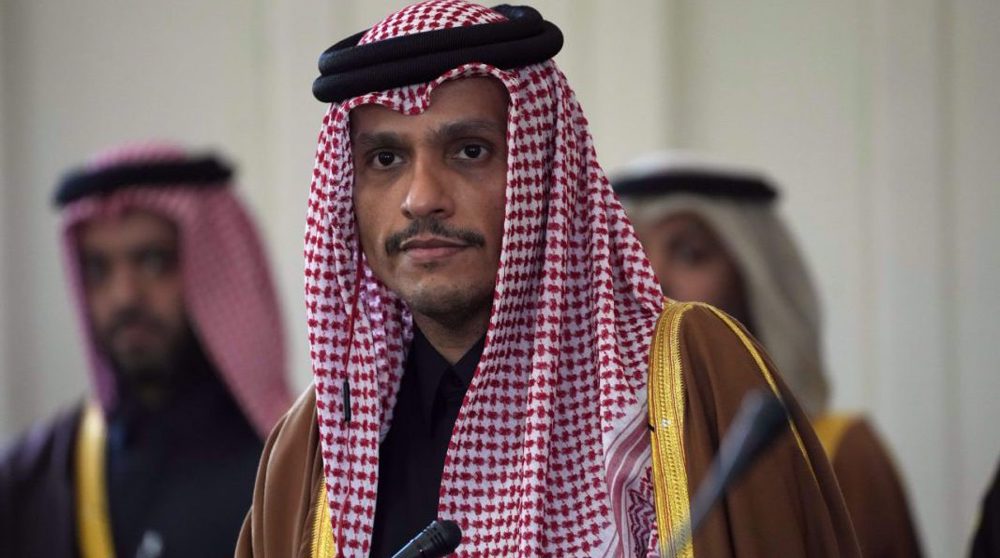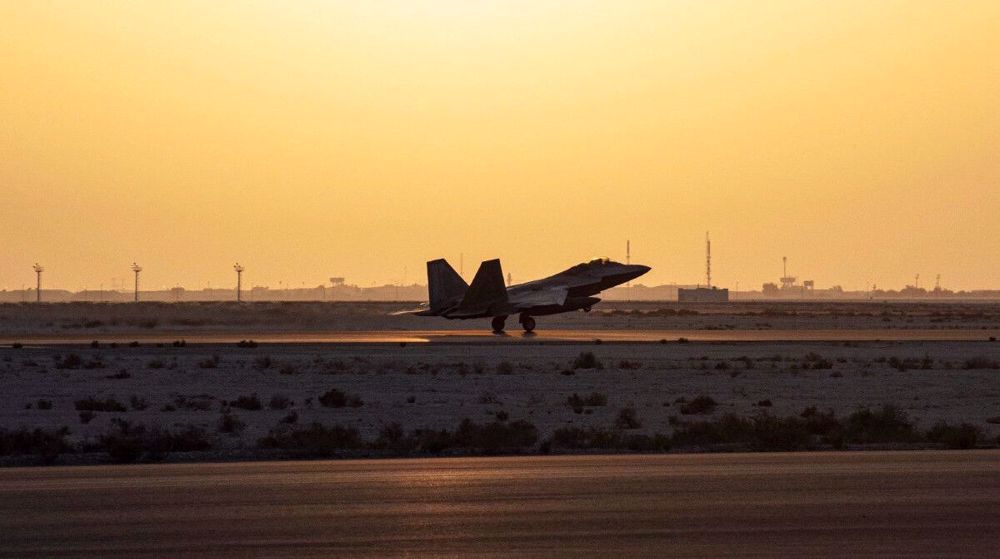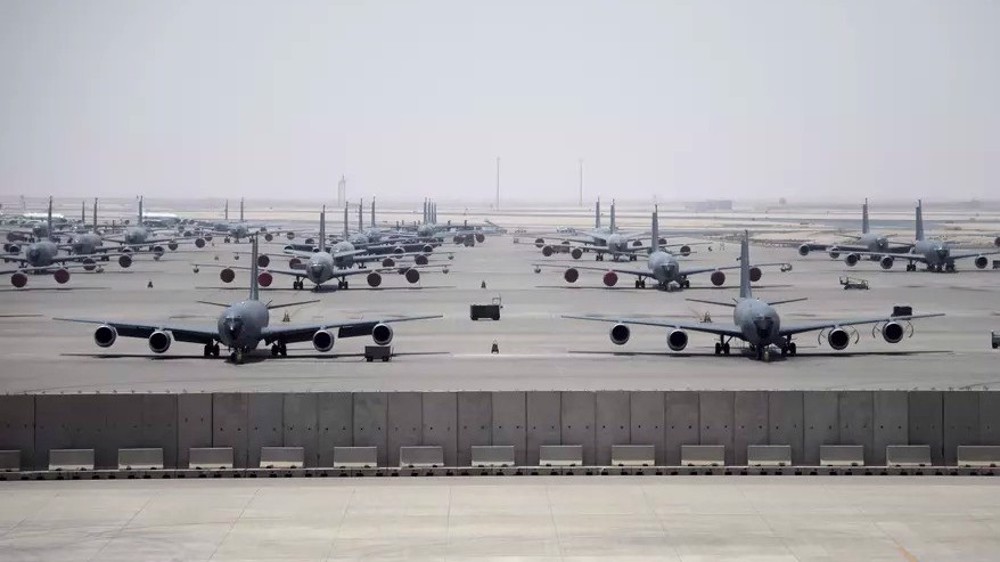Saudi Arabia, allies say ready for talks with Qatar if Doha complies with demands
The foreign ministers of the quartet of states, known as the siege countries led by Saudi Arabia, have said they have no concessions or compromises to make over their list of demands that requires Qatar to change its policies, including Doha’s alleged support of terrorism, as an unprecedented diplomatic rift further deepens in the Persian Gulf region.
The foreign ministers of Bahrain, Saudi Arabia, Egypt and the United Arab Emirates made the remarks in a joint press conference in the Bahraini capital, Manama, on Sunday, after they met to discuss the growing crisis that has sparked tensions across the region.
“The four countries are ready for dialogue with Qatar with the condition that it announces its sincere willingness to stop funding terrorism and extremism and its commitment to not interfere in other countries' foreign affairs and respond to the 13 demands,” said a joint statement as read by Bahrain's Foreign Minister Sheikh Khalid bin Ahmed Al Khalifa in the presser.
The widening rift occurred on June 5, when Riyadh, Manama, Dubai and Cairo severed ties with Doha, officially accusing Qatar of supporting “terrorism” and destabilizing the Middle East, allegations that Qatar says are unjustified and stem from false claims and assumptions.
To further pressure Qatar, Saudi Arabia has totally closed its land border with its tiny neighbor, through which much of Qatar's food supply crossed.
Later in June, the four Arab countries urged Qatar to abide by a 13-point list of demands if it wanted the crippling blockade lifted. The demands included shutting down the Doha-based Al Jazeera broadcaster, scaling back cooperation with Iran, closing the Turkish military base in Qatar, and paying an unspecified sum in reparations. They have also listed “six principles” they want Qatar to adopt.
The defiant Doha government, however, strongly refused to comply, calling the wide-ranging demands “unrealistic, unreasonable and unacceptable.” In return, the four feuding countries vowed to impose further sanctions on Doha.
However, the four foreign ministers announced on Sunday that no fresh economic sanctions would be imposed on the peninsular emirate.
“We are ready to talk with Qatar on the implementation of the demands, on the implementation of the principles, if Qatar is serious, but it has been clear that it is not,” said Saudi Foreign Minister Adel al-Jubeir in the Sunday press conference.
Doha has already accused Riyadh of restricting Qatari pilgrimage to Mecca, the site of the annual Muslim Hajj pilgrimage that falls next month. The top diplomats of the siege states, however, on Sunday blamed Qatar for complicating the holy pilgrimage for its nationals, who cannot take direct flights from Doha to Saudi Arabia under the current sanctions.

A number of attempts to mend the unprecedented rift have so far turned to be futile, including those of US Secretary of State Rex Tillerson, Turkish President Recep Tayyip Erdogan and Kuwaiti Emir Sabah al-Ahmad al-Jaber al-Sabah, whose country has been playing the role of a key mediator since the beginning of the crisis.
On July 21, Qatar’s emir said in a live TV address for the first time since the outbreak of the crisis that the recent blockade by the Saudi-led group of Arab countries against Doha was “a pre-planned smearing campaign.”
“Its planners planted statements to mislead public opinion and the countries of the world” Emir Sheikh Tamim bin Hamad Al Thani said, while reasserting Doha’s position that it would not capitulate under pressure.
The coordinated move against Doha is spearheaded by Riyadh, which often manages to have its vassal states fall into line. Saudi Arabia itself is known as the main sponsor of Wahhabi terrorists it has accused Qatar of supporting. Some analysts believe the Saudi anger is rather because Qatar acts more independently of Riyadh, including in its relations with Iran.
US vetoes Palestinian request for full UN membership
Iran sufficed to striking part of Israel’s military positions: FM to UN chief
IRGC: Israel’s Dimnoa nuclear reactor not among Op. True Promise’s targets
VIDEO | West Asia awakens
'Stop any further Israeli adventurism,' Iran FM tells Security Council
Google fires 28 employees for protesting military deal with Israel
Burkina Faso expels three French diplomats over ‘subversive activities’
Iran slams G7 statement, vows no iota of doubt to respond to aggression














 This makes it easy to access the Press TV website
This makes it easy to access the Press TV website